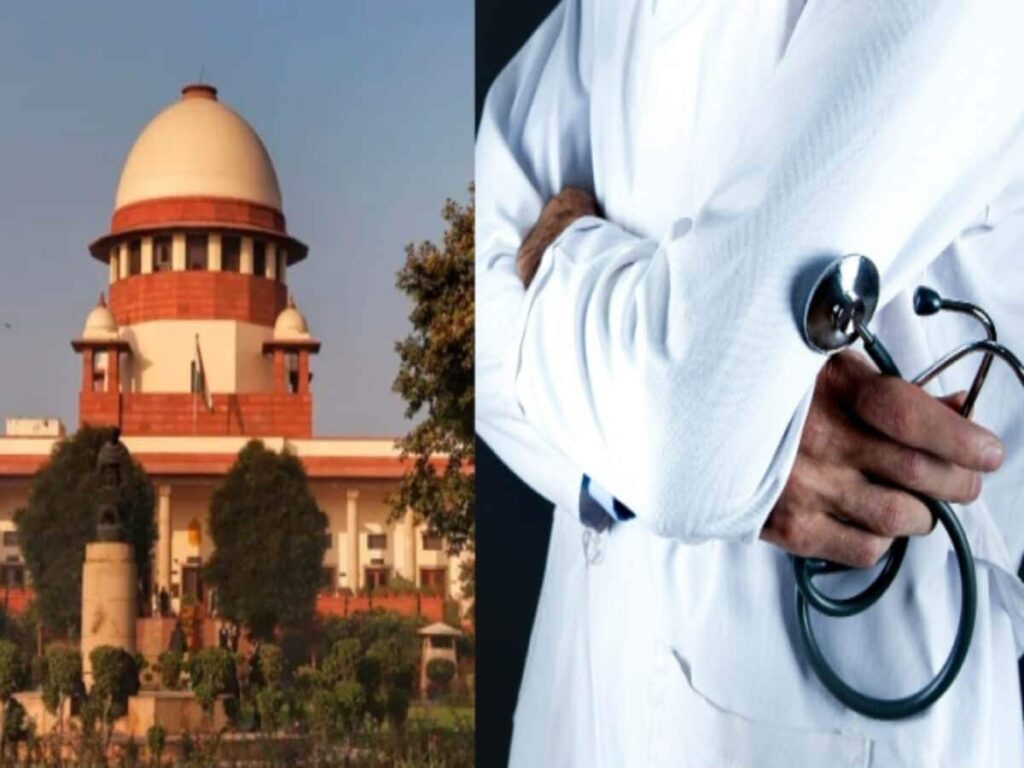The Supreme Court of India has recently made a significant ruling regarding the admission of candidates with disabilities in medical education. This landmark decision has important implications for increasing accessibility in higher education for disabled individuals. By stating that a benchmark disability of 40 percent does not disqualify any candidate from pursuing a medical degree, the court is reinforcing the principle of equal opportunity in education, particularly in fields that have traditionally been challenging to access for persons with disabilities.
Understanding the Ruling
The Supreme Court emphasized that a 40% benchmark disability should not hinder a candidate’s ability to enroll in medical courses. This decision is vital in promoting inclusiveness and ensuring that the medical profession can benefit from the diverse perspectives that individuals with disabilities bring.
Legal Framework Behind the Ruling
This ruling aligns with the Rights of Persons with Disabilities Act, 2016, which aims to empower individuals with disabilities and prevent discrimination. According to this law, disabled persons have the right to participate in various educational programs on an equal footing with their peers.
Impact on Medical Education
By allowing candidates with 40% disability to seek admission to medical colleges, the Supreme Court’s ruling opens doors for many aspiring medical professionals who might have felt discouraged by previous norms. This will not only diversify the student population but also enhance the quality of healthcare through varied experiences and viewpoints.
| Aspect | Before Ruling | After Ruling |
|---|---|---|
| Eligibility with Disability | Disqualified below 40% benchmark | Eligible with 40% benchmark |
| Diversity in Medical Education | Limited access for disabled candidates | Increased accessibility and inclusion |
| Legal Precedent | Varied interpretations by institutions | Clear guidelines supporting inclusive education |
Conclusion
The Supreme Court’s decision is a groundbreaking step towards a more inclusive medical education system in India. By recognizing the rights of candidates with disabilities to pursue medical studies regardless of a 40% benchmark disability, the court is fostering equality and aiming to enrich the healthcare sector with a diverse workforce. This ruling not only inspires hope among aspiring medical professionals with disabilities but also holds the potential to create a more compassionate and inclusive medical environment in the future.

